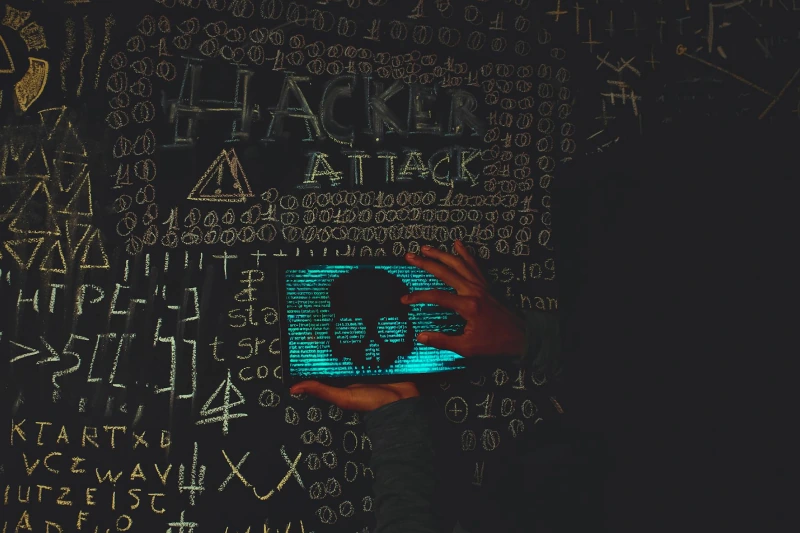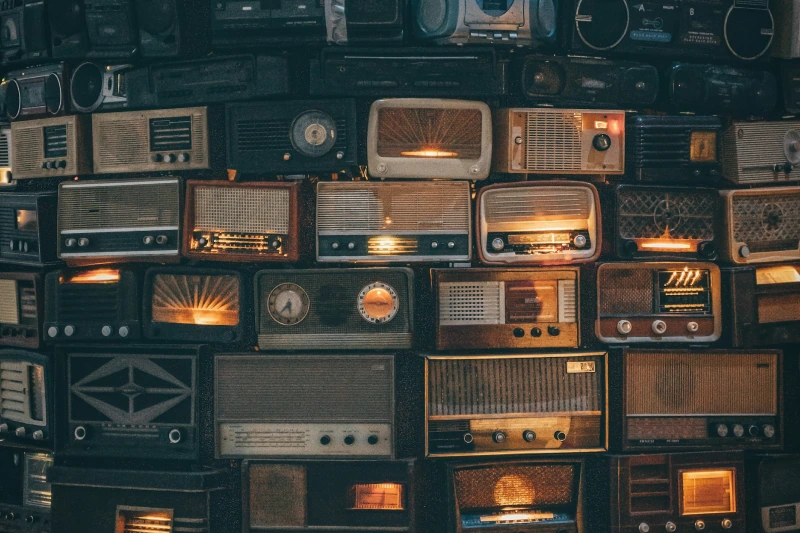Why Using Public Wi-Fi Without a VPN Is Dangerous
Most people connect to public Wi-Fi every day — in airports, coffee shops, hotels, or shopping malls — without thinking twice. Free internet access feels convenient, quick, and harmless. But here’s the truth: using public Wi-Fi without a VPN can be one of the riskiest things you do online.
Public networks are often unsecured, leaving your personal data — passwords, emails, credit card info — exposed to hackers. A VPN (Virtual Private Network) encrypts your traffic, making it unreadable to anyone on the same network.
Let’s break down why public Wi-Fi is dangerous and how VPNs help protect you from invisible cyber threats.
What Is Public Wi-Fi?
Public Wi-Fi is a wireless internet connection available to everyone, usually without a password or with a simple login. You’ll find it in cafés, libraries, airports, hotels, and shopping centers — basically, anywhere you might want to stay connected on the go.
These networks are designed for convenience, not security. Because many devices share the same connection, your data can easily be intercepted by someone nearby using simple tools.
That’s where the risks begin.
When and Why Public Wi-Fi Is Dangerous
Even though free Wi-Fi seems harmless, the truth is that you can never know who’s connected with you. Below are the main reasons why public Wi-Fi can be dangerous — especially without a VPN.
1. Unsecured Connections
Many public Wi-Fi hotspots lack basic encryption (like WPA3). This means data sent between your device and the router can be easily intercepted. A hacker sitting a few tables away could see what websites you visit or even capture your login details.
2. Fake Hotspots
Cybercriminals often set up “evil twin” hotspots — fake Wi-Fi networks that look legitimate. You think you’re connecting to “CoffeeShop_WiFi,” but it’s actually a hacker’s access point that records everything you do.
3. Data Theft and Account Hijacking
Once connected, attackers can monitor traffic and steal sensitive information: banking credentials, social media logins, or even business emails. They can use this data to impersonate you, transfer money, or commit identity fraud.
4. Malware Injection
Hackers can also use unsecured networks to inject malicious code into the data you download. In some cases, they can even push malware onto your device directly through your browser.
5. Privacy Risks and Tracking
Even legitimate hotspot providers may track your browsing activity and sell your data to advertisers. This means your online behavior, location, and even the device you use can be recorded and profiled.
Why Using Public Wi-Fi Without a VPN Is a Bad Idea
When you connect to public Wi-Fi, you’re essentially sharing the same network “space” with dozens or hundreds of strangers. Without encryption, anyone with the right tools can spy on your online activity.
Here’s what happens without a VPN:
- Your connection is not encrypted.
- Your IP address is exposed.
- Hackers can intercept your data in real time.
- Websites you visit can track and fingerprint your device.
A VPN solves this by creating a secure, encrypted “tunnel” between your device and the internet. This means no one — not hackers, not ISPs, not hotspot owners — can see your browsing data.
In simple terms, a VPN turns an unsafe network into a private one.
How VPN Keeps You Safe on Public Wi-Fi
VPNs do more than just hide your IP. They actively secure every piece of data your device sends or receives — from login credentials to browsing history.
1. Encryption of Data Traffic
A VPN encrypts all data traveling between your device and the internet using protocols like AES-256. Even if someone intercepts the traffic, it looks like random gibberish.
2. Secure DNS Requests
VPNs route your DNS queries (the websites you visit) through secure, private servers. This prevents hackers or hotspot owners from redirecting you to malicious or fake sites.
3. IP Masking to Prevent Tracking
Your real IP address — which can reveal your location — is hidden. Websites and trackers see only the VPN server’s IP, protecting your identity.
4. Automatic Protection on Unknown Networks
Many VPN apps can automatically activate when you connect to a new or untrusted Wi-Fi network. You’ll never have to worry about forgetting to turn it on.
5. Additional Layer: Ad Blockers
A powerful ad blocker like AdLock can enhance protection even further. They block malicious ads, phishing pop-ups, and tracking scripts often spread through public Wi-Fi networks.
Practical Tips for Using Public Wi-Fi Safely
Even with a VPN, there are smart habits you can follow to stay secure on public networks:
- Always use a VPN — It’s the single most effective way to secure your connection.
- Avoid logging into sensitive accounts, like banking or work email.
- Turn off automatic Wi-Fi connections to avoid joining fake hotspots.
- Disable file sharing and AirDrop when in public places.
- Stick to HTTPS websites — They encrypt data between your browser and the website.
- Use two-factor authentication (2FA) on important accounts.
- Log out of accounts when finished, especially on shared devices.
And, of course, keep your software, browser, and antivirus up to date — vulnerabilities are often exploited on unsecured networks.
Conclusion
Public Wi-Fi may seem harmless, but it’s one of the easiest ways for hackers to access your personal data. Every time you connect to an unsecured network, you’re exposing your private information to potential theft, malware, and surveillance.
A VPN is the simplest, most reliable way to protect yourself. It encrypts your traffic, hides your identity, and ensures your data stays private — even on risky public networks.
If you value your privacy and security, never go online in a café, airport, or hotel without VPN protection.
FAQ
What is public Wi-Fi?
Public Wi-Fi is a wireless internet connection that’s open to everyone, often found in public spaces like cafés or airports. It’s usually free but rarely secure.
Is public Wi-Fi safe to use?
Not really. Public networks often lack encryption, making it easy for hackers to intercept your data or trick you into joining fake hotspots.
How does a VPN protect me on public Wi-Fi?
A VPN encrypts your internet traffic, hides your IP address, and routes your data through secure servers — so no one on the same network can see what you’re doing.
Can I use a free VPN on public Wi-Fi?
Free VPNs may seem convenient, but they often log your activity or inject ads. A reputable paid VPN offers better encryption and no data tracking.
What are the risks of connecting without a VPN?
Without a VPN, your passwords, emails, and browsing activity can be exposed to hackers or even advertisers using tracking tools.
Does an ad blocker help on public Wi-Fi?
Yes, partially. Ad blockers like AdLock can block phishing pop-ups and trackers that spread malware on public networks, but they don’t replace VPN encryption.
Should I always keep my VPN on?
Yes — especially when traveling or using unknown networks. Many VPNs can turn on automatically whenever you connect to public Wi-Fi.





